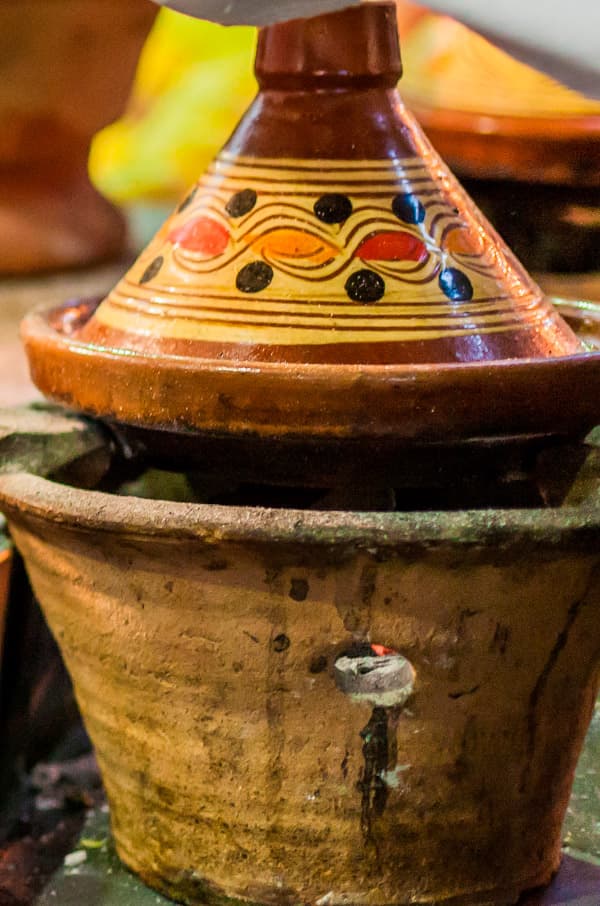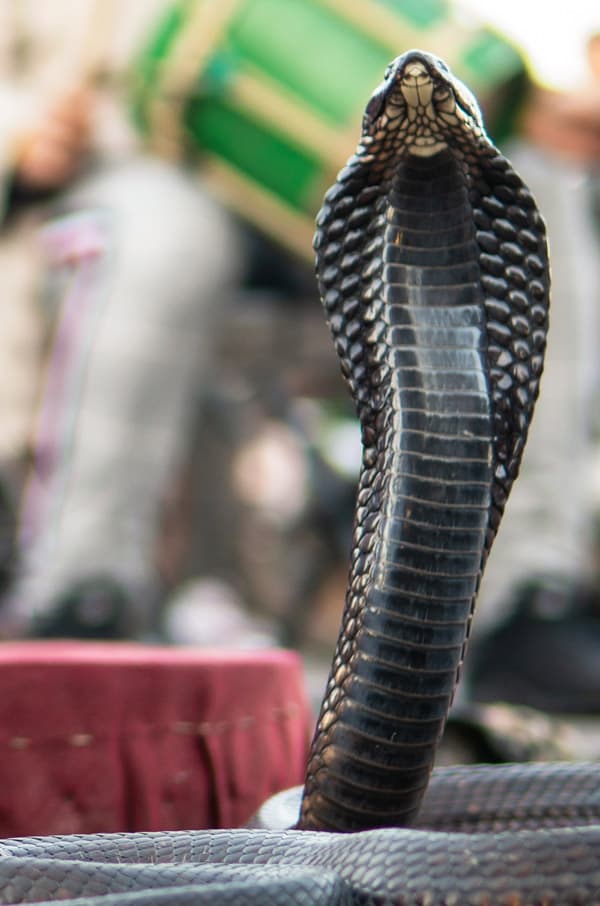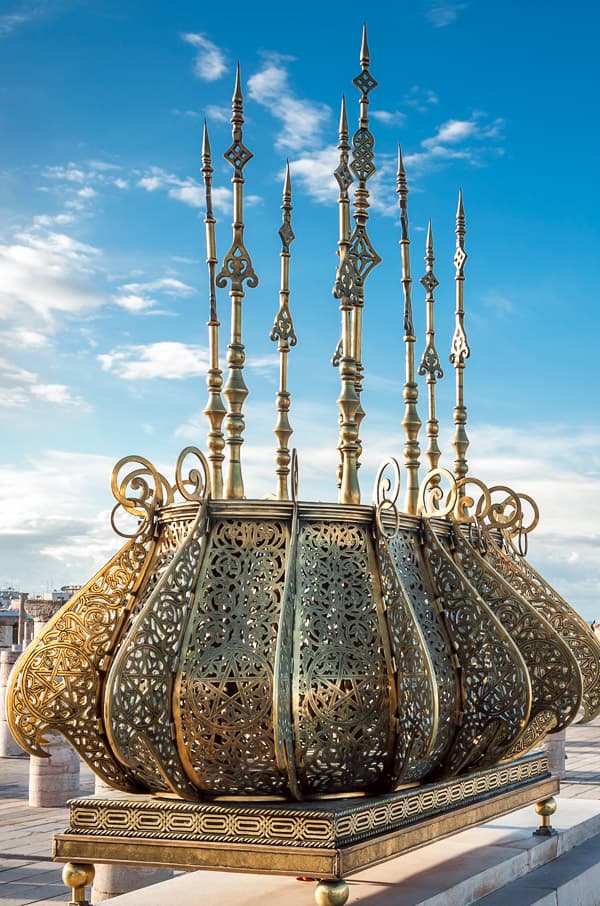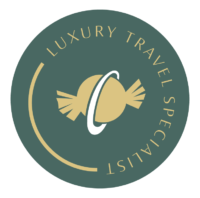Morocco
DIZZYING DIVERSITY
DESTINATION
Travel to Morocco
Morocco is one of the main gateways to Africa and a country of dizzying diversity. With an outstanding balance between dynamic landscapes, colorful architecture and vibrant cities Morocco has much to offer and it is no wonder that every year more than 10 million of tourists around the globe choose it as their top destination
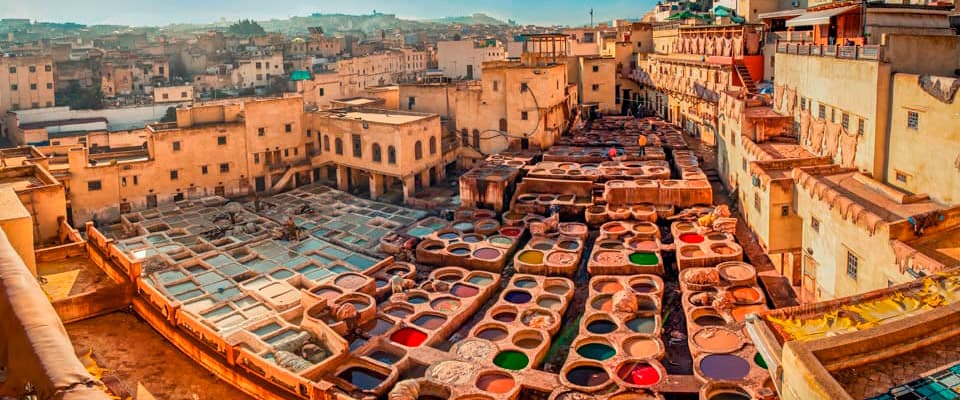
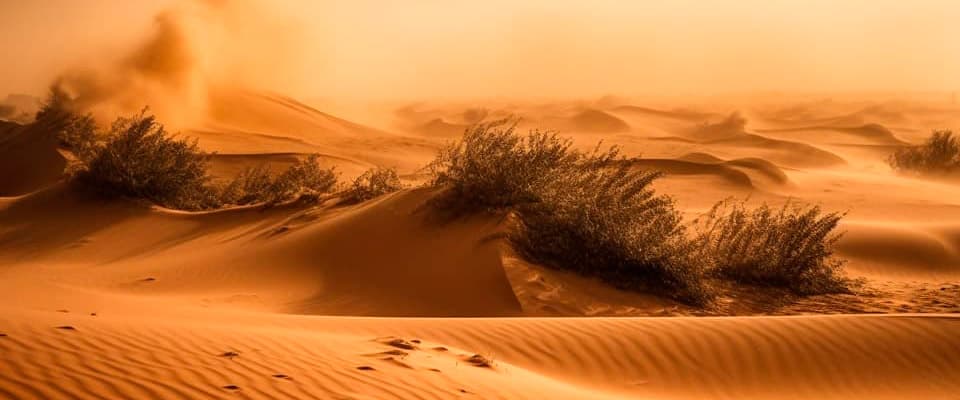
Is Morocco Safe for Tourists?
One of the most common concerns for people traveling to Morocco is safety. The good news is that Morocco is a safe country for tourists. The government has implemented various measures to ensure the safety and security of visitors, such as increased surveillance and police presence in popular tourist areas.
Tourists can minimize their risks by taking certain precautions. For example, it’s recommended to avoid carrying large amounts of cash and valuables, not to leave your belongings unattended, and to be cautious of pickpockets and scams in crowded areas. As long as you take the necessary precautions and follow the guidelines of your tour guide, you can enjoy a safe and memorable trip in Morocco.
Morocco Travel Requirements
Before traveling to Morocco, it’s important to research the country’s entry requirements. As of 2023, tourists from the United States are permitted to enter Morocco without a visa for up to 90 days. However, visitors must have a passport that’s valid for at least six months beyond the date of entry and must provide proof of onward travel.
Travelers love the country’s unspoiled beaches, majestic mountains, and picturesque ports of call
Travel to Morocco
Placed in northwest Africa, Morocco covers the Western Sahara. Historically known as “The Farthest West,” Morocco is home to many famous cities and destinations, including Casablanca, Tangier, and the Sahara Desert.
Morocco is a country of vibrant colors, ancient history, and stunning landscapes. From the hustle and bustle of Marrakech’s medina to the tranquility of the Sahara Desert, Morocco offers a diverse range of experiences for visitors.
Travel to Morocco from the USA
There are several options for traveling to Morocco from the USA. The most common route is to fly into Casablanca’s Mohammed V International Airport, which is the country’s main international gateway. From there, visitors can take domestic flights or use the extensive train network to travel to other parts of the country.
Alternatively, visitors can fly into Marrakech’s Menara Airport, which offers direct flights from major cities in Europe and Africa. This airport is also conveniently located for travelers who plan to explore Morocco’s southern regions, such as the Atlas Mountains and the Sahara Desert.
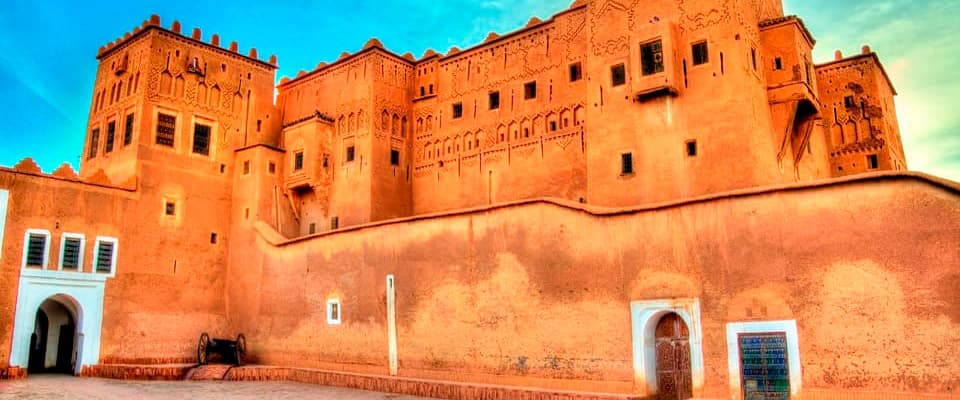
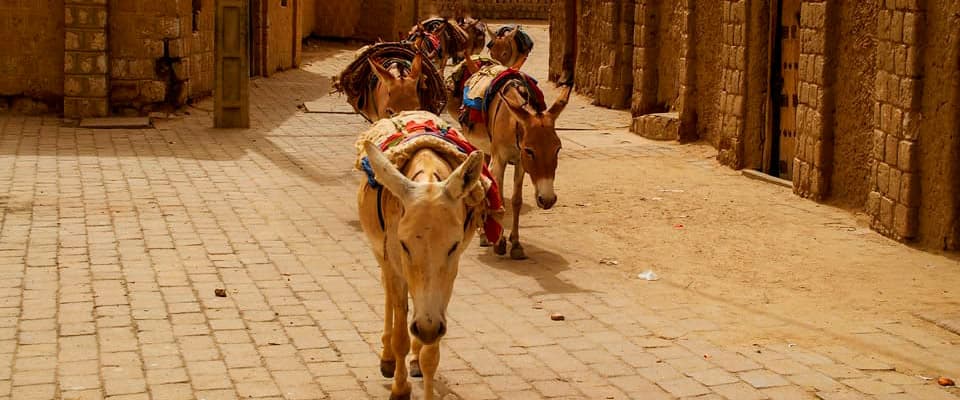
Best Time to Travel to Morocco
Morocco has a varied climate, so the best time to visit depends on the type of experience you’re looking for. Generally, the best time to travel to Morocco is during the spring (March to May) and autumn (September to November) months. During these times, temperatures are mild, and there’s less chance of rain.
Summer (June to August) can be extremely hot, particularly in the southern regions, while winter (December to February) can be chilly, especially in the mountainous areas.
However, winter is an excellent time to visit Morocco’s coastal cities, such as Essaouira and Agadir, which have a more temperate climate.
Morocco Tours and Private Tours
To make the most of your Morocco vacation, it’s recommended to book a tour with a reliable travel organizer. They can help you plan your trip, arrange transportation, accommodation, and activities, and provide you with a tour guide who speaks your language. Whether you’re interested in exploring the bustling cities or the serene desert landscapes, a travel organizer can help you create a customized itinerary that suits your interests and preferences.
Group tours are an excellent option for travelers who want to meet new people and have a social experience. These tours typically include a guide and take visitors to popular tourist destinations, such as Marrakech, Fes, and the Sahara Desert.
Any of the “medinas” you choose to visit in a Moroccan city will be interesting and surprising
Morocco offers a great range of tour options, from group tours to private tours
Private tours offer a more personalized experience, with customized itineraries that cater to individual interests. They are also an excellent option for travelers who want to explore Morocco off the beaten path. With a private guide, visitors can discover hidden gems and experience Moroccan culture.
If you prefer a more personalized experience, you can book a private tour in Morocco that caters to your specific needs and interests. This way you explore Morocco at your own pace and on your own terms. You can choose the destinations, activities, and accommodation that suit your preferences, and have a private tour guide who speaks your language.
Dream Destinations in Morocco
Medina
Medina, also known as the old city, is the historic and cultural center of many cities in Morocco, including Marrakech, Fes, and Essaouira. Medina in Arabic means “city,” and it usually refers to the old walled section of the city, which is typically the oldest part of town.
In Morocco, Medina is a hub of traditional Moroccan architecture, bustling markets, and ancient mosques. The narrow, winding streets are lined with shops, cafes, and houses, many of which have been standing for centuries.
Visitors to Medina can explore the many shops and markets, sample delicious Moroccan cuisine, and experience the rich culture and history of Morocco. However, it’s important to note that the streets can be very narrow and crowded, so prepare yourself to navigate through the crowds.
Hassan II Mosque
The Hassan II Mosque is a big mosque placed in Casablanca, Morocco. It was completed in 1993 and is named after the late King Hassan II. The mosque can hold up to 25,000 worshippers and features a retractable roof, a massive chandelier, and the tallest minaret in the world at 210 meters. The mosque is open to non-Muslim visitors during specific hours and with guided tours. It is considered a must-see destination in Casablanca and is one of the most impressive architectural wonders in the world.
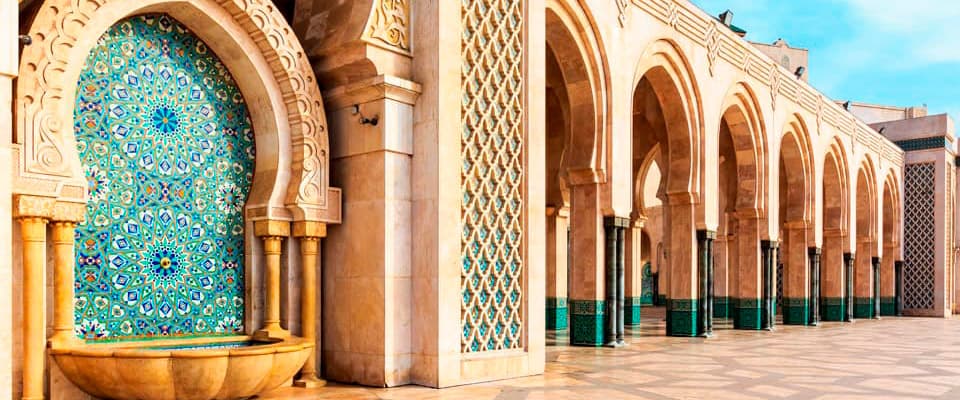
Volubilis
Volubilis is an ancient Roman city located in Morocco that was founded in the 3rd century BC and became an important outpost of the Roman Empire in North Africa.
During the 2nd and 3rd centuries AD, Volubilis grew into a prosperous city with a population of around 20,000 people. It was home to many public buildings, including a basilica, a triumphal arch, a capitol, and a circus. The city was also known for its luxurious houses, some of which had elaborate mosaics, courtyards, and fountains.
Later, in the 5th century AD, the city was abandoned after the fall of the Roman Empire. Over time, it was gradually covered by soil and vegetation, until it was rediscovered in the early 20th century by French archaeologists.
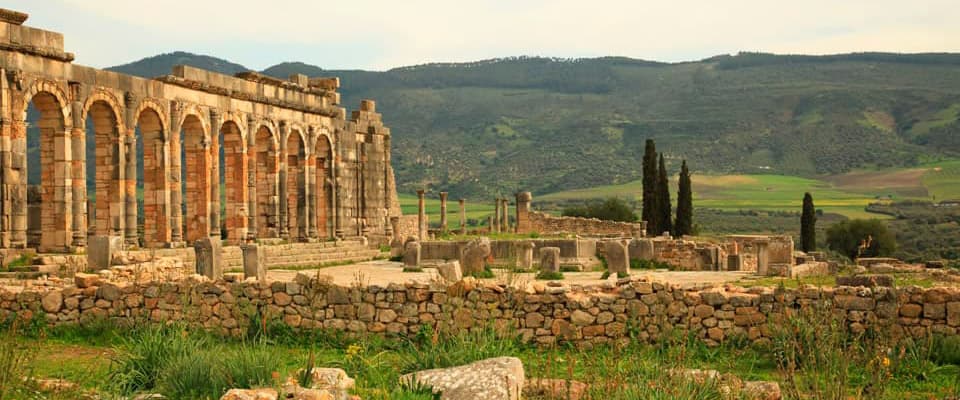
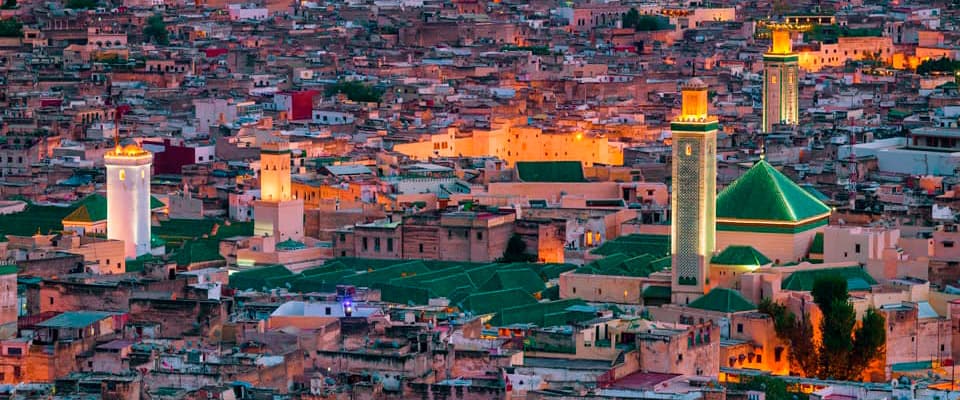
Volubilis is a UNESCO World Heritage Site and is one of the most visited tourist attractions in Morocco
Traveling to Morocco: A Once in a Lifetime Experience
A country of dazzling diversity, Morocco has epic mountains, sweeping deserts and ancient cities, and it greets travelers with warm hospitality and the perfect glass of mint tea.
Morocco is a perfect destination for those looking for unique experiences and exclusive travel packages. There are many options you can choose from and some vacation packages include private tours, luxury accommodation, and unique experiences, such as camel rides in the Sahara Desert, traditional Moroccan cooking classes, and visits to local markets and museums.
If you’re looking for a truly exclusive experience, we will be more than happy to help you arrange your dream vacation in Morocco!
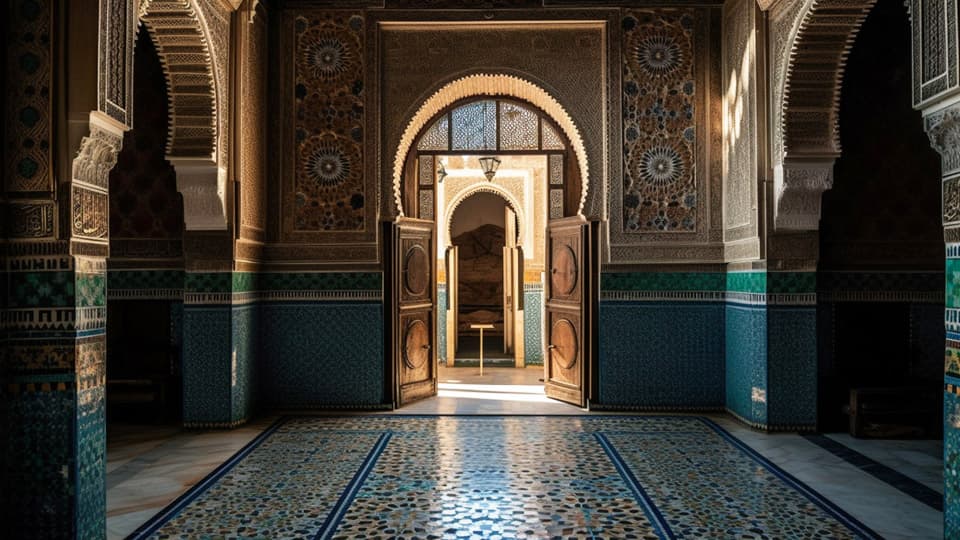
Located in the northernmost part of Africa, Morocco is a country known for its vibrant culture, exquisite cuisine, and stunning landscapes. One of the most exciting regions to explore is the north, where visitors can experience a unique blend of European and African influences. From the charming cities of Tangier and Chefchaouen to the picturesque countryside and coastlines, the north of Morocco offers a truly unforgettable travel experience.
From bustling cities to charming mountain towns, and from stunning coastlines to breathtaking countryside, the north of Morocco offers a wealth of experiences for visitors.
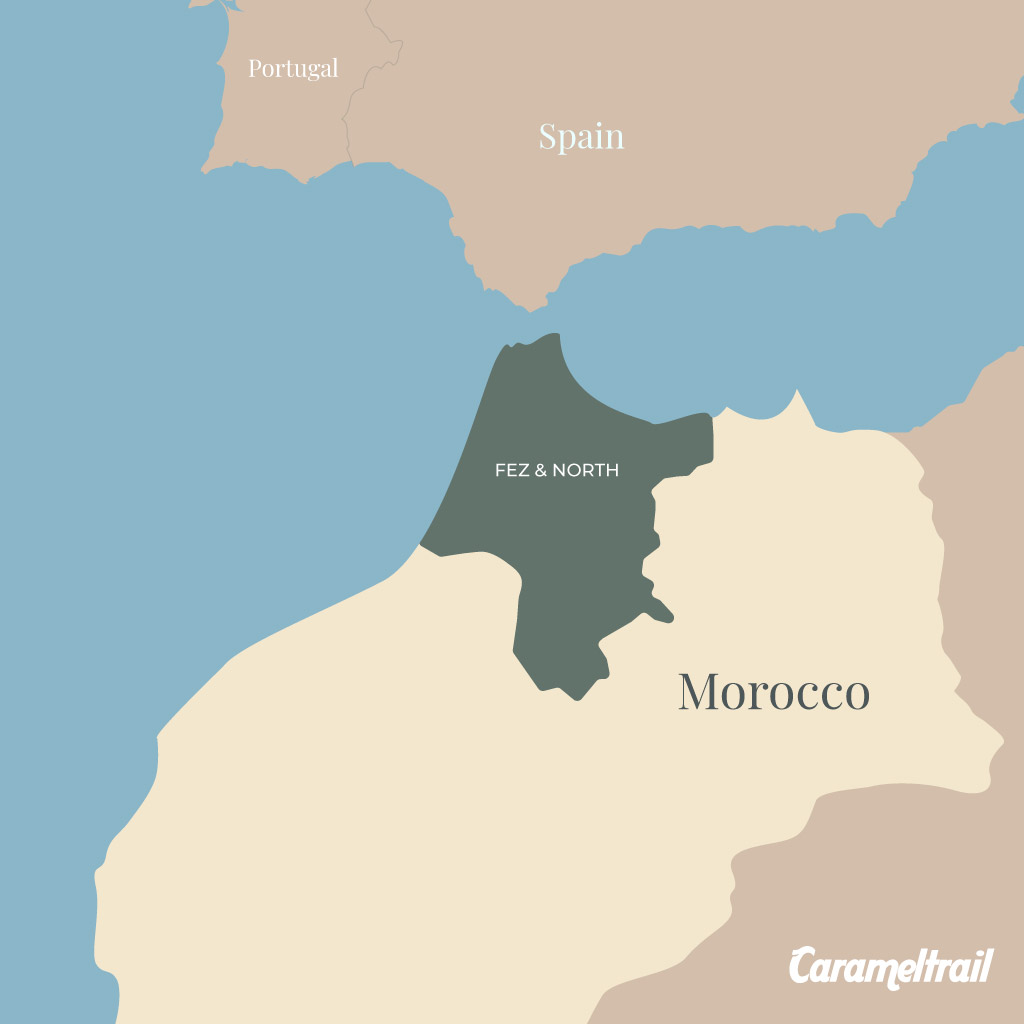
OUR EXPERIENCES FOR A TRIP TO NORTHERN MOROCCO REGION
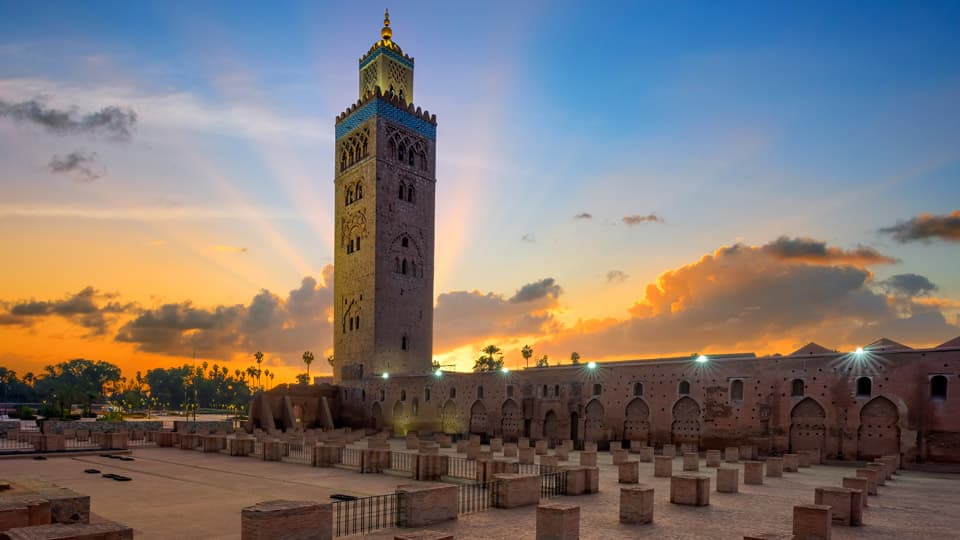
Morocco is a country that offers a captivating blend of ancient traditions, vibrant cultures, and breathtaking landscapes. While the bustling cities of Marrakech and the coastal charm of Casablanca often steal the limelight, the center of Morocco remains a hidden gem waiting to be discovered.
From the majestic Atlas Mountains to the sprawling Sahara Desert, this region holds a wealth of experiences and wonders that will leave you spellbound. Join us on a journey to the center part of Morocco, where rich history, warm hospitality, and natural beauty converge.
Casablanca’s cosmopolitan vibe will make you feel like home.
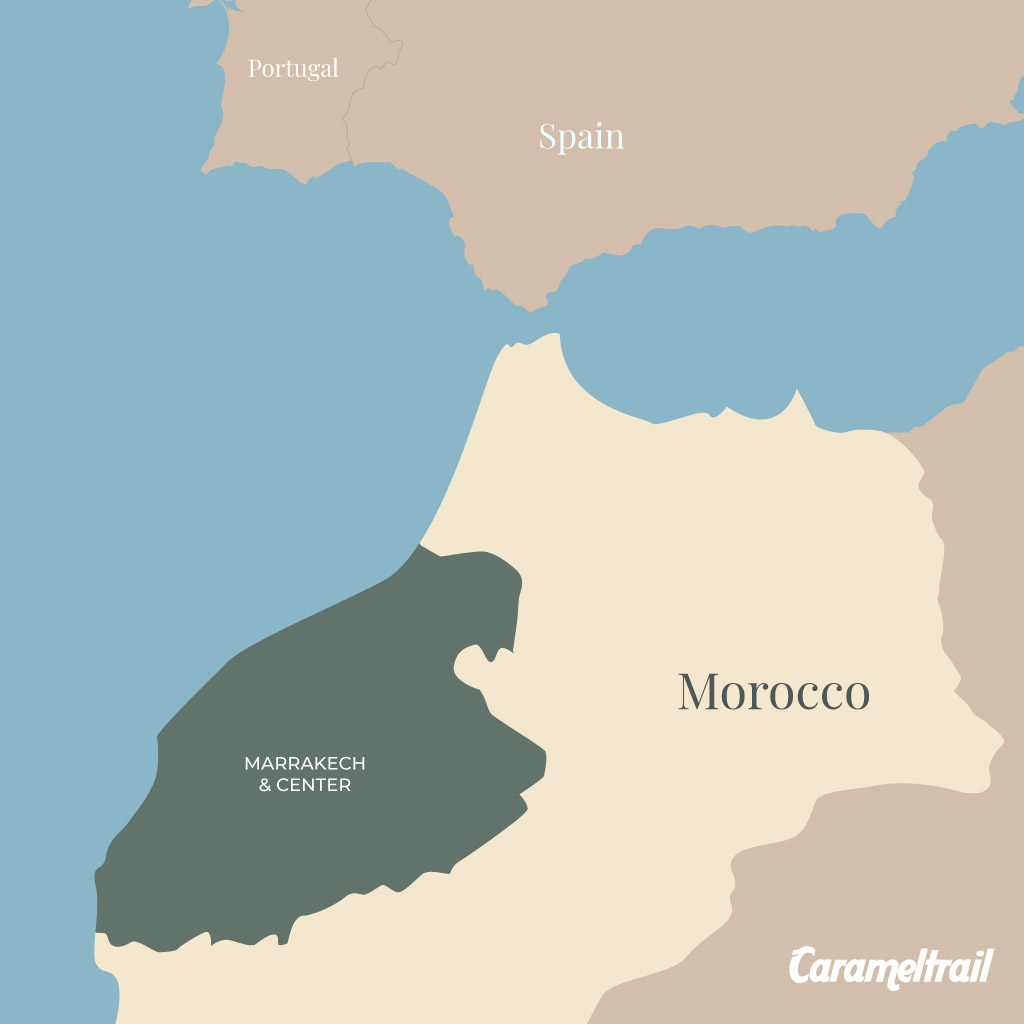
OUR EXPERIENCES FOR A TRIP TO MARRAKECH AND CENTER REGION
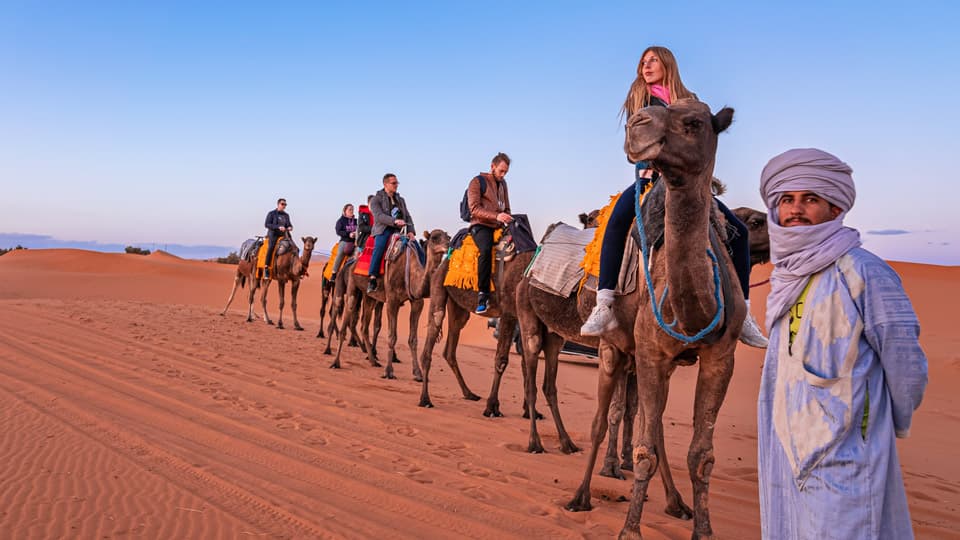
Welcome to South Morocco, a land of captivating landscapes, rich history, and warm hospitality. In this enchanting region, you’ll discover a tapestry of experiences that will leave you in awe. From the vast Sahara Desert to the vibrant Ouarzazate, South Morocco offers an irresistible blend of natural beauty, cultural immersion, and unforgettable adventures. Join us on a journey through this magical destination that will enchant all your senses!
South Morocco is a treasure trove of experiences waiting to be explored
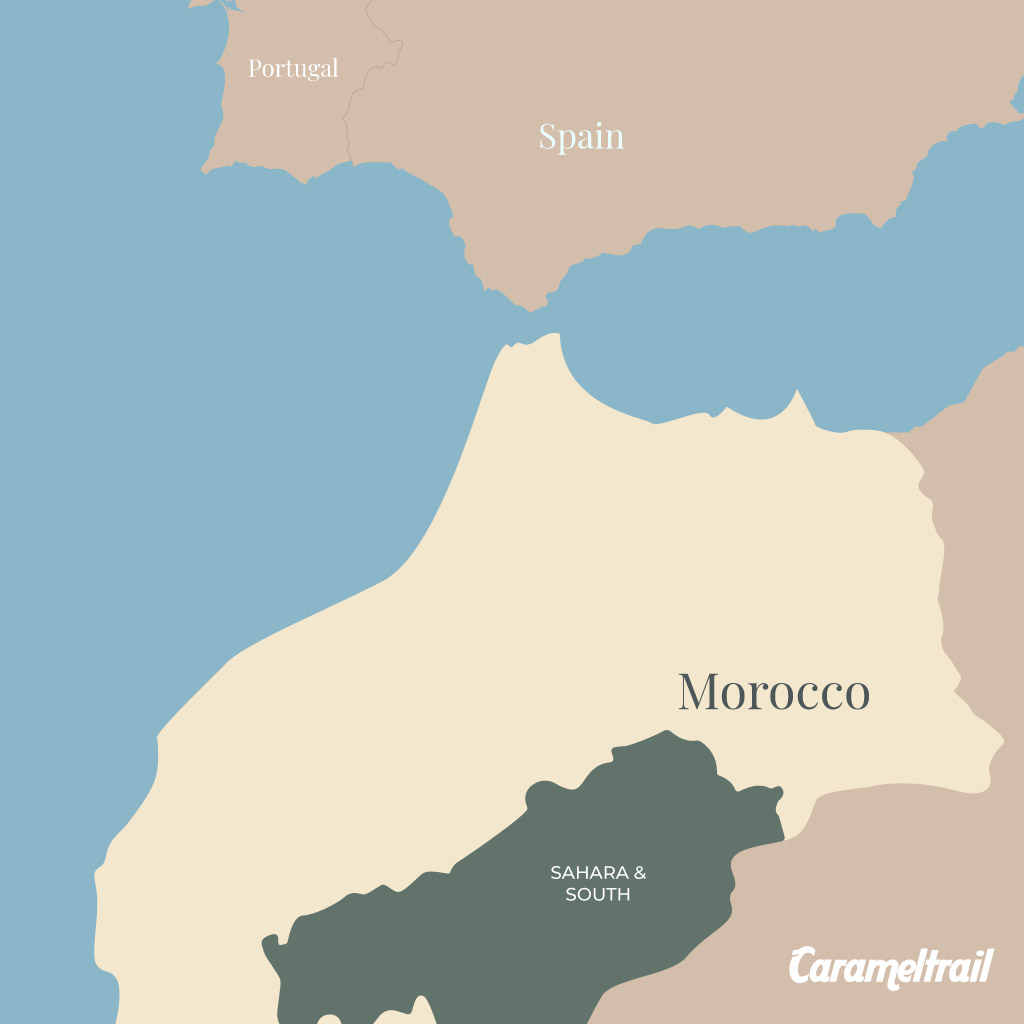
OUR EXPERIENCES FOR A TRIP TO THE SAHARA & SOUTH REGION
ENJOY THE WHOLE PROCESS OF CREATING YOUR TRIP
How do we do it?
01.
Tell us about your dream holidays!
Contact us by filling out the travel request form, via email or by phone. We will love to know about your interests, preferences, travel style, what you would like to see and do, your travel dates.
02.
We will prepare an exclusive travel proposal
Based on the interests you have shared with us we will send you a unique trip proposal.
03.
Fine tuning
After you review the proposal, we will be in contact to fine tune your itinerary and do any needed changes to adapt it to your interests and preferences.
04.
Book your trip
When you are ready to book your trip, we will send you the link to the secure gateway so you can pay.
FAQs – Morocco Travel Questions
Yes, laundry services are commonly available in hotels across Spain, Portugal, and Morocco. Most hotels, especially mid-range and upscale ones, offer laundry and dry-cleaning services. If you’re staying in smaller hotels or hostels, they often have arrangements with local laundromats or provide self-service laundry facilities.
However, laundry services might be less readily available in rural areas or small villages compared to cities. Here you can choose the basic laundry services as many rural accommodations offer this service often for a small fee. Or you may take advantage of some local laundromats.
When traveling to Spain, Portugal, and Morocco, we advise you to have a travel insurance that should cover a few key areas to ensure a stress-free trip:
- Medical Coverage: Ensure it covers illness, injury, and any necessary medical treatments or hospital stays.
- Trip Cancellation/Interruption: This helps if your trip gets canceled or cut short due to unforeseen circumstances.
- Lost or Stolen Belongings: Coverage for lost luggage, passports, or personal items can save you a lot of trouble.
- Emergency Evacuation: In case of a serious medical issue, coverage for emergency transportation is crucial.
- Travel Delays: Compensation for significant delays can help cover unexpected expenses.
Having comprehensive travel insurance will give you peace of mind and let you enjoy your adventure without worries.
For exchanging money in Spain, Portugal, and Morocco, banks and official exchange offices are your best bet. ATMs also offer good rates. However, paying by card is often the easiest and most convenient option, as cards are widely accepted and usually give you the best exchange rates.
In Spain and Portugal, most tourist sites and public areas welcome photography. However, some museums, churches, and historical sites may have restrictions, especially regarding flash photography. Always look for signs or ask staff if you’re unsure.
In Morocco, photography rules can be a bit stricter. While many public places and markets are photo-friendly, some religious sites, palaces, and government buildings prohibit photography. Additionally, always ask for permission before photographing people to show respect for local customs.
Please always check for any specific rules at each site to ensure you’re following local guidelines.
In Spain and Portugal, it’s generally acceptable to take photos in markets and public places. Most people don’t mind, but it’s always polite to ask first, especially if you’re taking close-ups of individuals or their stalls.
In Morocco, it’s a bit different. While taking photos in markets is usually okay, it’s important to be respectful. Always ask for permission before photographing people, as some may find it intrusive. If you’re unsure, a friendly gesture and a smile can go a long way.
Enjoy capturing the beautiful moments on your trip, and remember to be considerate of local customs and people’s privacy!
In Spain and Portugal, Wi-Fi is widely available in most hotels, cafes, and public areas, especially in cities. You can expect free and reliable connections in many places.
Morocco also offers good Wi-Fi coverage in hotels and cafes in popular tourist destinations like Marrakech and Casablanca, though it can be more variable in rural areas. To ensure you stay connected, consider getting a local SIM card or bringing a portable Wi-Fi hotspot.
Enjoy your trip while you stay connected!
In Morocco, we recommend organizing trips with a chauffeur and guide to ensure a comfortable experience for our clients, rather than using self-driving apps. This approach allows you to relax and enjoy your journey while the local experts handle the navigation and provide insightful guidance throughout the trip.
During the day it’s perfectly acceptable to wear shorts and sneakers. However, if you plan to dine at restaurants, it’s better to opt for longer pants. In these countries, people tend to dress more formally than in the US.
While speaking the local language can enrich your experience, many tourism professionals and younger people speak English in Spain, Portugal, and Morocco. However, learning a few basic phrases in the local language is always appreciated and can be very useful.
In Spain and Portugal, the currency is the euro (€). In Morocco, the currency is the Moroccan dirham (MAD). It is easy to exchange money at airports, banks, and exchange offices in major cities. Additionally, ATMs are widely accessible.
In Spain and Portugal, vegetarian and vegan options are increasing, especially in large cities and tourist areas. In Morocco, while the traditional diet includes meat, there are many vegetarian dishes available, especially in markets and tourist restaurants.
Each country has its own customs and traditions. In Spain, it is common to greet with two kisses on the cheek. In Portugal, people are very polite and appreciate good manners. In Morocco, it is important to dress conservatively, especially in rural and religious areas, and always ask permission before taking photographs of people.
For U.S. citizens, no visa is required for stays of up to 90 days in Spain and Portugal, which are part of the Schengen Area. For Morocco, no visa is required for stays of up to 90 days. However, it is always good to check specific requirements before traveling as policies can change.
In Spain and Portugal, tap water is generally safe to drink. In Morocco, it is advisable to drink bottled water to avoid stomach issues, especially in rural areas.
In Spain and Portugal, the standard voltage is 230V with a frequency of 50Hz, and plugs are of type C and F. In Morocco, the voltage is also 220V with plugs of type C and E. It is recommended to bring a universal adapter to avoid issues with your electronic devices.
In Morocco people drive on the right, on the same side as in the USA.
Trade and commerce are very important aspects in the culture and the DNA of the Moroccans. When you visit any shop in the traditional souks the prices are not marked and you must negotiate with the salesman a fair price for both. Although this can be shocking at first is the normal way to proceed and not bargaining can even be considered rude.
When you visit the medinas with your guide, he will accompany you to any shop, but please understand that he will not interfere in his compatriot business. That is why he will probably stay out of the shop while you do your shopping. Please, don’t feel any pressure to buy if you don’t reach an agreement. You can just say thank you and leave the shop and go to another. Your guide doesn’t receive any commission at any shop, he just considers he must not get involved in other person’s way of doing business.
Don’t worry you will soon get used to this way of buying, just relax and consider it part of the cultural experience!
This is a very important point. Morocco is a very respectful country with all religions and they all co-live in the country. This means they are also respectful with different dress codes, but we suggest being a little bit careful and respectful with Moroccans. Even if you could wear any clothes, it is a matter of respect and cultural consideration, especially in the rural areas and out the big cities where people are not so used to see foreigners.
Women should cover shoulders and knees. Tank tops are ok as long as the cleavage is not exposed.
Temperatures in Morocco have big differences from day to night, especially in the desert and coast cities. We suggest nylon shell or sweaters rather than heavy jackets. Generally, unless travelling to the mountains, no need to take heavy jackets.
We suggest talking to your phone company and check with them if your phone will work in Morocco. If it is a GSM phone then generally it will work, but please check before. You always have the option to buy a pre-pay SIM card in Morocco. It will be cheaper, and you will have access to data, email, etc.
Travelers’ diarrhea is the most common travel-related illness. We recommend to always drink bottled water and wash and peel the fruit you eat to prevent it.
We suggest bringing appropriate medication with you. You can ask your doctor to prescribe antibiotics for self-treatment of moderate diarrhea, just in case.
Yes, Morocco is a safe country. If you follow common sense safety rules, then you will have no problems in the country. Tourism is main industry in the country and the safety of tourists is a priority in Morocco.
Try to keep your money and documents close to your body. In big cities, be careful with pick-pocketing and not leaving unattended your belongings in public spaces, restaurants and bars.
As a general recommendation for a trip to Morocco, as for any other country in the world, is to take with you photocopies of your Passport and credit cards (both sides) and keep them separately from the original. This way if there is any problem with them, you will have always a copy of original. Never travel with original and copies together. If you feel more comfortable, you can always email us a copy of your passport and flight tickets and we will keep them until your return.
Probably the best way to get cash is by withdrawal. Once in Morocco, you can withdrawal the money or exchange USD at the airport. Out of the big cities it will be more difficult to find ATM’s.
Ask your bank about commissions for withdrawal money from ATM in Morocco. The commission you are charged to withdraw money from ATM is set by your bank, so please check with them before you leave. Your bank is the one who charges the fee for each credit card ATM, so if you take the maximum allowed each time you withdraw, then you will save on fees.
Also, ask your bank if there are banks that will accept easily your credit card and go directly to those ones.
Let you bank know you will be travelling to Morocco and intend to use your credit card, so they don’t block any payment. We have seen how US banks in prevention of fraud don’t allow some credit card payments and then the traveler must call their banks from Morocco.
Regarding how much cash you should take with you, we suggest having around 300USD per person in cash with you always. This will help you to have peace of mind, especially during the weekends when ATM’s can run out of money and they are not restocked until Monday. Also, try to have always change and small currency for the daily expenses: water, taxis, coffee, tea, small purchases at the souks, …
You will be able to pay by credit cards in upmarket shops and restaurants. Visa and MasterCard are generally accepted. Amex is not a popular card.
In every city there are ATM’s.
The best months to travel to Spain, Portugal and Morocco are Mar-May, Sept & Oct.
Our favorite months are Abril, May, June, Sept and Oct.
From June to August expect warm, sunny and dry weather in Spain and Portugal. In Morocco you should expect high temperatures in July and August, especially in the South of the country.
Electricity in Morocco is 220 Volt (sometimes it will be 110V in old buildings, but very strange), 50Hz. So almost all electronic devices will adapt automatically to the different voltage. If you read the labelling of your device and you read “120V” or “100-120V”, then you will need a voltage transformer. If you don’t see this, generally your device will adapt automatically.
What you may need is a plug adapter. Sometimes the plugs adapters are combined with voltage transformer. Please read carefully the information on the unit. If the label of your device says “110-220” or “100-240” then you will only need a simple plug adapter (in this case, no transformer needed).
In Morocco, the power sockets are of type C and E.
If you need more information on this website you will find more detailed information about electricity and adapters: http://www.power-plugs-sockets.com/
You just have to select on the right side of the page where are you travelling, then say which country you live in and you will see all the information.
Domestic flights, private transfers.
June, July and August are sunny and dry months. So, our suggestion is to wear sun glasses, sun cream and hat if you are not used to sun.


